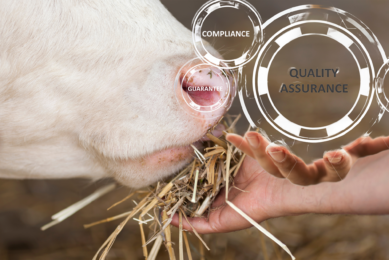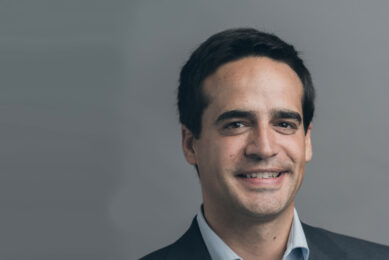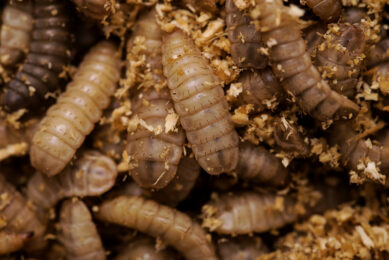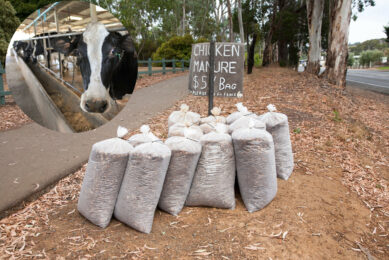‘Impossible to ensure safe food without safe feed’
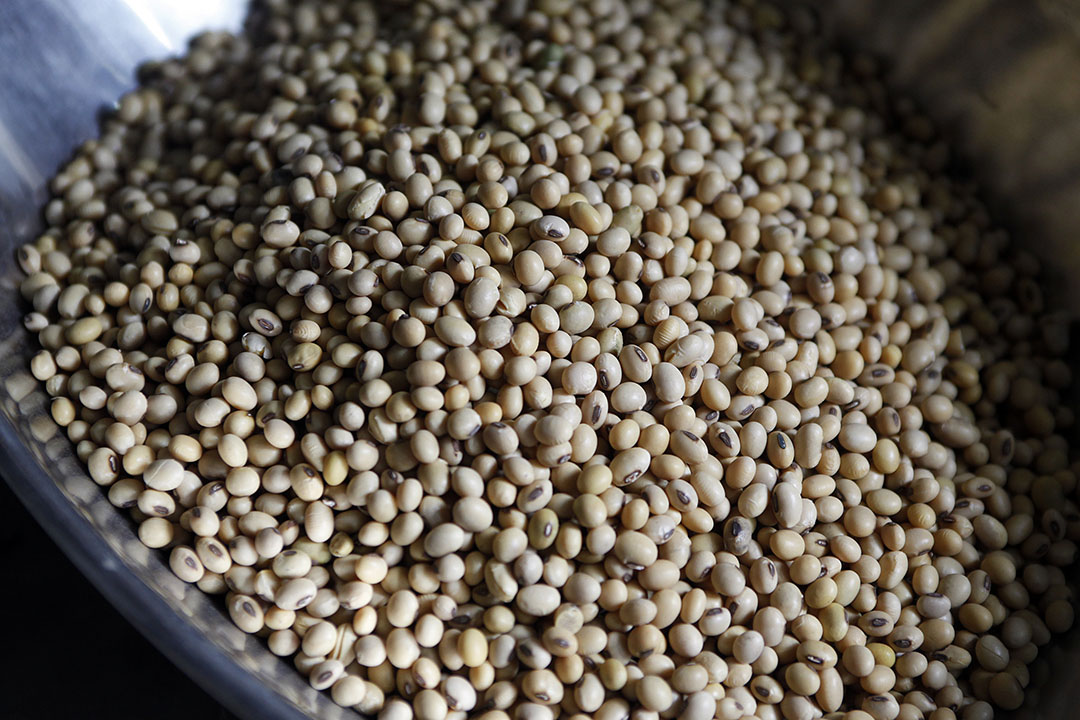
With resolution 73/250, the United Nations (UN) unanimously proclaimed June 7 as World Food Safety Day. Through this annual observance the UN aims to ‘promote awareness and inspire actions’ for safer food. This aligns squarely with the mission of GMP+ International, owner of the world’s largest feed safety certification scheme.
“In order to have safe food of animal origin, we must first have safe feed.” According to Tom Heilandt of Codex, the FAO/WHO food safety commission that came up with the idea for an annual observance, food safety ‘is often taken for granted’. While that is undoubtedly true, it is certainly not taken for granted by the 600 million people who suffer from foodborne illnesses every year. That is why the UN calls unsafe food ‘a threat to human health and economies globally’. Not to mention that it leads to further food waste as well, something that should be minimised in times of climate change and continuing world population growth.
A human right
The Food and Agriculture Organization (FAO) of the UN sees access to food as a ‘fundamental human right’, yet food security cannot exist without food safety, which the UN defines as ‘the absence – or safe, acceptable levels – of hazards in food that may harm the health of consumers’. By the same token, in the vision of GMP+ International, safe animal feed is a necessity for the production of safe food of animal origin. Examples abound. In 2008, dioxin contaminations in pork surfaced in Chili and Ireland, which resulted in international recalls and import bans. In 2013, several countries in the Balkan region had to deal with aflatoxin contamination of milk. Johan den Hartog, managing director of GMP+ International, has been on the forefront of the battle for safe feed for more than a quarter of a century. Founded by the Dutch feed sector in 1992 after several high-profile contamination incidents, GMP+ International is owner of a certification scheme that sets standards for the production of safe feed: GMP+ Feed Safety Assurance (GMP+ FSA). Currently, over 18,000 companies – ranging from collection to production – are certified. They are audited yearly by independent Certification Bodies that work on behalf of GMP+ International, a not-for-profit. Since its founding, GMP+ FSA contributed substantially to improved feed safety control and a reduction of feed safety scandals.
Awareness
As someone who has been working tirelessly on behalf of feed safety, Mr Den Hartog welcomes the introduction of World Food Safety Day, because it also carries relevance for animal feed. “Feed materials can be produced in Brazil, transported to Asia, and used there for the production of mixed feed, eaten by chickens or cattle. Then the output – meat, eggs and dairy – may be consumed by people in Japan, South Korea or the United Kingdom. It’s an international market unlike any other,” he tells us in GMP+ International’s headquarter in Rijswijk (the Netherlands). “That is why I believe it is extremely important to underline the importance of safe food in that same international context. World Food Safety Day does exactly that.” Mr Den Hartog sees the UN proclamation as further proof of increased food and feed safety awareness around the globe, especially in developing countries. “World Food Safety Day may even accelerate this development. My hope is that it not just leads to more awareness, but also to more action from governments in the form of laws and regulations. In addition, I hope World Food Safety day will lead to more recognition from the food industry and retail sector that we cannot have safe food without having safe feed first. Although there are promising developments in that regard, I think retail companies can ask more from their suppliers in terms of certification.”
Supply Chain Management
This chain-based thinking is front and centre in GMP+ International’s strategy to ensure feed safety worldwide. A key part of the GMP+ FSA certification scheme is its chain approach, which allows companies to trade exclusively with businesses that are GMP+ FSA (or equally) certified as well (or, in some cases, apply strict gatekeeper measurements). Feed safety, Mr Den Hartog says, is ‘shared responsibility of the whole feed chain’. “Every company needs to keep feed safe, all the way from collection and storage, through transport and final production. Because a chain is as strong as its weakest link.” Besides a feed safety framework based on the principles of ISO and HACCP, GMP+ FSA also provides certified companies with additional tooling and support, like tracking and tracing, crisis communication guidances, and an Early Warning System to prevent contaminations (if they occur) from spreading to other companies.
Feed safety worldwide
While Mr Den Hartog is undoubtedly encouraged by the introduction of World Food Safety Day, wouldn’t he have preferred seeing feed mentioned in the UN proclamation as well? He shrugs if we ask him. To him, it makes little difference, because the feed and food chain are unmistakingly connected. For example, Mr Den Hartog points out that in the European Union’s General Food Law, feed is explicitly acknowledged as being part of the food chain. And as such, in today’s globalised market, any feed contamination incident has the potential to negatively affect public health, trade and economies worldwide. Eliminating all risks is not possible, since hazards will never disappear. “Unfortunately”, Mr Den Hartog says, “we will always have to cope with the results of ignorance, incompetence, illegal acts and bad luck. But with uniform standards – and increased awareness thanks to initiatives like World Food Safety Day – feed companies can severely reduce risks and do their part in achieving feed safety worldwide.”




